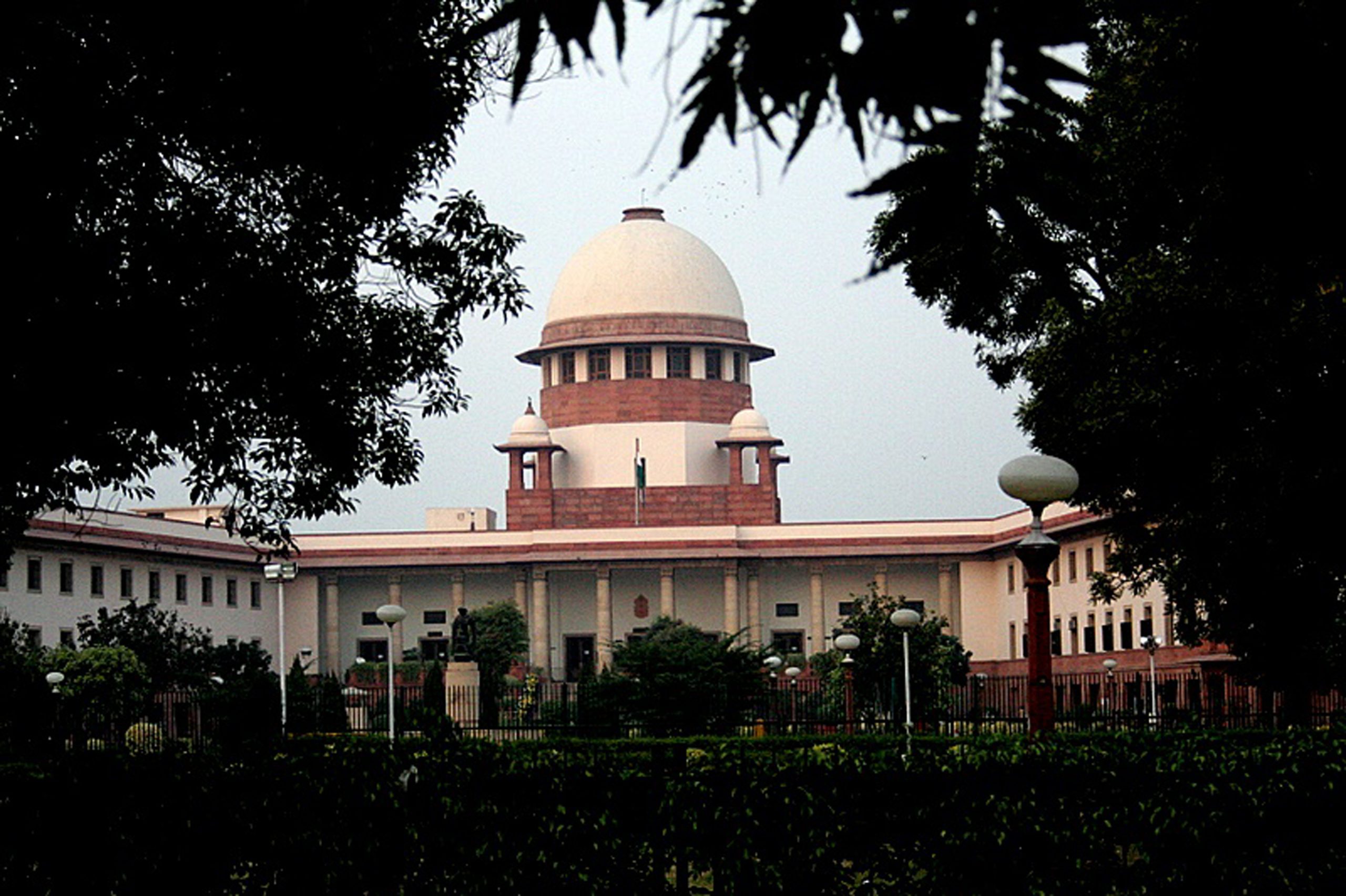The Supreme Court on Tuesday upheld the constitutional validity of the Uttar Pradesh Board of Madarsa Education Act 2004, overturning the Allahabad High Court’s March 22 ruling that had struck down the Act.
However, the court ruled that higher education degrees, such as ‘Fazil’ and ‘Kamil,’ cannot be awarded under the Madarsa Act as this conflicts with the University Grants Commission (UGC) Act.
The judgment was delivered by a bench comprising Chief Justice DY Chandrachud, Justice JB Pardiwala, and Justice Manoj Misra.
The Allahabad High Court had previously struck down the Madarsa Act, arguing that it violated the principles of secularism—a key element of the Constitution’s basic structure—and directed the state government to integrate madrasa students into mainstream schools.
In overturning this decision, the Supreme Court clarified that laws may be struck down for violating fundamental rights under Part III of the Constitution or on the grounds of legislative incompetence, but not for infringing on the basic structure of the Constitution.
“The legislative scheme for the Act is to standardise the level of education being prescribed in the madrasas. The Madrasa Act does not interfere with the day to day working of the madrasas. It is to protect the rights of minorities in the State of Uttar Pradesh and is consistent with the positive obligation of the State which ensures the students pass out and earn a decent living,” the court said.
During the proceedings, the Supreme Court described India as a “melting pot of cultures, civilizations, and religions” and emphasized the importance of preserving this diversity. The court also highlighted that religious instruction is not unique to the Muslim community and exists in other religions as well.
(With ANI input)














